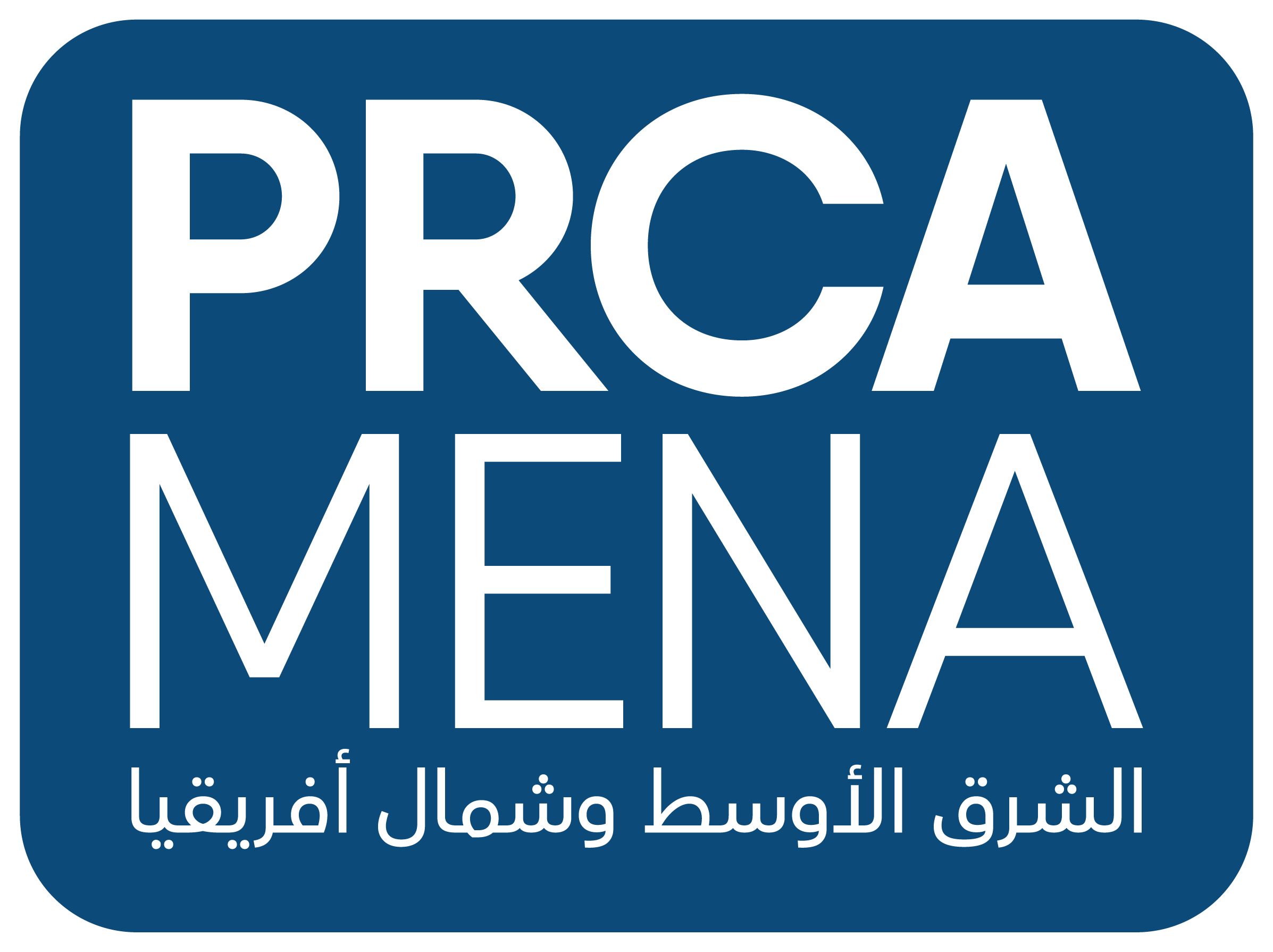Can PR strengthen conversations around Mental Health?
For most of the working force, a major part of their lives is spent at workplaces. This means that having a fulfilling job is essential for everyone’s general and mental well-being. A state of well-being where an individual recognizes his abilities, can cope with normal stress, and work productively to contribute to the organization and community. Mental Health is fundamental to our very existence and hence must be promoted and protected especially at workplaces.
It is no secret that millions of people across the Middle East and around the world are experiencing mental health disorders like stress, anxiety, bipolar, and depression. Due to lack of awareness, the tendency to stigmatize, and closed-door conversations; mental health patients live in fear of being treated differently. Discrimination at the workplace and in the community is a major concern that keeps individuals away from seeking timely help. Two things that come out clear to help understand such behavior are lack of education and misinformation surrounding mental health.
With PR’s burgeoning scope for niche expert areas, PR professionals must adhere to this urgent need by opening up conversations surrounding Mental Health across workplaces.
Here’s how we can set the ball rolling:-
Collaborate to establish a credible platform: Public Relations professionals can play a key role in opening up the mental health conversation by sharing real-life case studies about mental health battles, therapies, and the path to recovery. Healthcare organizations would do well to work with PR in raising awareness and changing opinions surrounding mental health.
Execute campaigns to raise awareness: To begin with it is crucial that PR practitioners have a reasonably good background on how mental health affects people. The emphasis is to focus on the impact and how best can society contribute toward Mental Health awareness. The use of terminology and the tone of the presentation should be subtle and transparent. Seeking inputs from healthcare professionals to carefully craft messaging for Social media and media relations is the best way forward.
Pick your resources for authentic information: Identify volunteers, healthcare workers, families, and doctors who can feed in engaging mental health stories that appeal to the media and the public at large. The stories should be hand-picked so that they are relatable and have a ‘call for action’ mechanism. Organizing workshops with healthcare professionals would go a long way in creating an authentic forum.
Sensitize the team for special protocols: Individuals battling mental health may not be in the best frame of mind for Q&A or on-camera interviews. Prepare for such incidents with prior intimation and media training if required. Prior discussions of topics and a rehearsal of media interviews will comfort the interviewees for best-case scenarios of collaboration. Ultimately, we do not want to raise awareness at a cost of someone’s discomfort.
Mental Health issues are everybody’s concerns and we as PR professionals can play a key role in raising awareness, educating audiences, and banishing stigmas. With the potential to bring about a meaningful change, we must put our practices to use for an important cause.
– Hilmarie Hutchison




